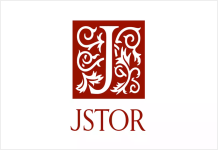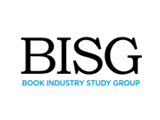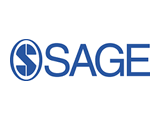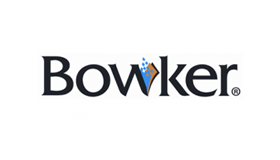This week, leading academic institutions in North America, Europe, and Asia signed up to Mendeley’s new data dashboard, the Mendeley Institutional Edition. The dashboard analyses their research activity and impact on the global research community in real time – down from the 3-5 year time lag of the “Impact Factor”, the current gold standard for such evaluations. This allows academic institutions to react faster to their faculty’s research needs and provide them with quicker, more personalised support during the research process – thus accelerating the pace of scientific discovery for all of us.
The Impact Factor, a measure of the number of citations an academic journal receives, is a pivotal metric of science: Academics have to publish in high-Impact Factor journals to receive promotions, tenure, or grant funding, and universities allocate their million-dollar library budgets to those same high-Impact Factor journals. This is despite the Impact Factor’s many known flaws – the most limiting of which is that the citations it is based on take 3-5 years to accumulate.
This week’s release of Mendeley’s Institutional Edition, distributed by leading Dutch library subscriptions agent Swets, brings research impact measurement to real-time speed, while also providing more granular and social metrics of how academic research is consumed, discussed, and annotated. It allows research institutions to see detailed analytics of the journals their academics are reading, the journals they are publishing in, and how many readers those publications have. This data is built on Mendeley’s global research community of more than 1.8 million academics who are using the startup’s tools for document management, discovery, and collaboration.
The first customers of Mendeley’s data dashboard are premier international research institutions: Two prominent universities on the East Coast and in the Bay Area, theUniversity of Pittsburgh, the University of Western Ontario, the University of Nevada, Reno, the VTT Technical Research Centre of Finland, the Korea Advanced Institute of Science and Technology, and the Agriculture, Forestry and Fisheries Research Council Japan.
Speaking of the announcement, Dr. Tod Colegrove, Head of DeLaMare Science & Engineering Library at University of Nevada, Reno, said: “Rather than spending vast amounts of staff resources attempting to quantify usage of existing library resources – remaining largely unaware of past and present use outside of the library’s current subscribed offerings – Mendeley offers a unique and immediate lens into the library’s researchers’ information behaviours. Purchase decisions can be informed directly by past and present actual use of potential library resources, rather than being left to the increasingly less relevant the-way-we’ve-always-done–it model of serials management.” His colleague Lisa Kurt added: “The collaborative nature of Mendeley is a game changer for our institution where departments and colleges are working to break through their silos and focus on the best parts of the work they do. Mendeley is solving a very real problem in a rather elegant way.”
At the University of Western Ontario, Head Librarian Joyce Garnett commented: “Western Libraries is proud to be an early adopter of Mendeley Institutional Edition, a significant addition to our digital toolbox. It will facilitate citation management for individual researchers, collaboration for research groups, and, through its analytics capacity, enable librarians to assess the relevance and use of our collections. Mendeley is unique, growing its database organically through the choices and preferences of researchers as they create and disseminate new knowledge.”
In a bid to develop alternatives to the Impact Factor, new research metrics startups such as altmetric.com and total-impact.org have already turned to Mendeley’s readership data, and several peer-reviewed studies have recently highlighted its positive correlation with the Impact Factor. Dr. Victor Henning, CEO and co-founder of Mendeley, said: “I’m excited that after receiving scientific validation from the research community, our data is now helping some of the world’s best universities work more efficiently and get to life-changing discoveries faster. My inner nerd is going: Wow, this is freaking amazing.”
Mendeley Institutional Edition screenshots: http://www.flickr.com/photos/mendeley/sets/72157630651813190/































